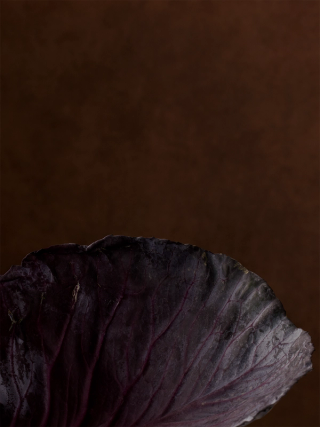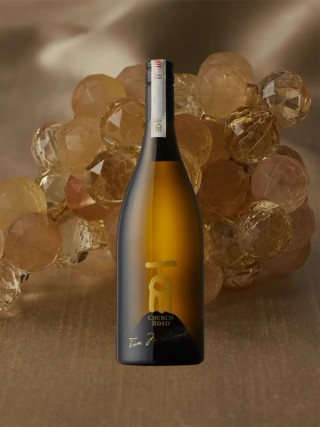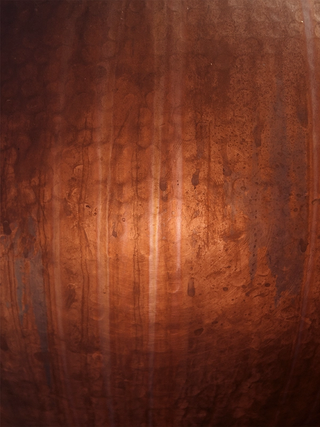VNTNRTM
VNTNRTM
VNTNRTM connects makers drinkers & thinkers in the pleasure of wine
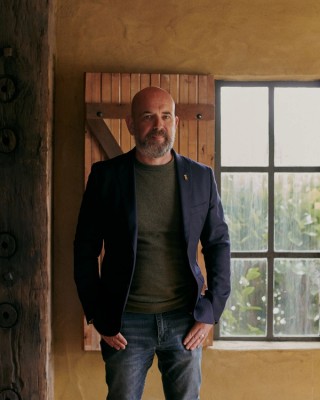
LESS IS MORE
Chris Scott: My name is Chris Scott. I’m the Chief Winemaker at Church Road Winery, here in Hawke’s Bay in New Zealand.
VNTNR: How do you approach your winemaking?
CS: As a consumer myself, I'm quite label-conscious. I'm quite conscious of where my food and drink has come from, how it's been made. I like things to be as natural as possible. I don't like putting chemicals in my body. So, when I make wine, particularly as I drink a lot of my own wine, I like to make sure that it follows the same principles.
If you look at the great fine wines around the world, they're very much a reflection of their place. But if you manipulate, that will try and change the personality of what you get from the vineyard. If you try and change that in the winery, then you’re no longer offering a reflection of place; you're making a beverage, you're trying to hit some specific sort of numbers, basically. That's all you're doing.
VNTNR: So what does this mean in a practical sense for the way you make wine at Church Road?
CS: So a really good example of that is with Chardonnay winemaking. All the top-end Chardonnay is 100% handpicked, very gently whole bunch pressed, straight to barrel. We don't do any juice settling, we don't add any enzymes to the juice to clarify the juice, we don't filter the juice. It's just the cloudy juice with all the solids going straight into the barrel. We don't add anything to the juice, we don't even add yeast; it's 100% natural ferment, so the wild yeasts that were in the vineyard start the fermentation and finish the fermentation.
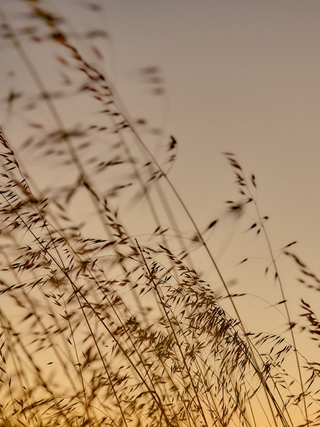

The wine goes through a secondary fermentation, called malolactic fermentation, which is a bacteria. And again, that's all wild - it just happens naturally. And then the wine spends around about 11 months in oak. We give it a stir about once a month and that just helps to keep the wines fresh by distributing the yeast leaves back into the wine. And then we determine the blends we've got. We end up with lots and lots of different components of Chardonnay from different little vineyard blocks, so we determined the blends, we bring that out, and we don't do any fining of the wine. Fining is when you add something to the wine that takes something out of it; that could make the wine softer; it could take some protein out of the wine that would stop it from forming a haze later on in bottle. We don't do any of that. And then we just give it enough of a - sometimes we don't even have to filter - but usually we just give it a course filtration just to get a sort of a reasonable level of brightness, but then no sterile filtration; no tight filtration so we're not taking out any of the texture or the richness of the wine. So it's a very non-interventionalist approach, I guess. We do as little as we can. And that's really changed over the years, and what we've tended to find was that the less we do to Chardonnay, the better it gets.
VNTNR: How did you initially get into wine?
CS: I took myself off on a wine tour of Hawke's Bay when I was 18 and tasted what would have been at the time a really big old school, oaky, buttery, Chardonnay; exactly the sort of thing we don't make today. But back then it was the first time I can remember sitting down and tasting a wine and somebody explaining to me and saying, ‘this is what the fruit does; this is what the fermentation does; this is what the oak does,’ and being able to taste those things in the wine and then I just got the bug. At the time, I was doing an accounting degree at Waikato University and it’d be fair to say I wasn't really all that inspired by accounting, so I sort of took the plunge and jumped into wine science instead; moved to Hawke's Bay, and started doing a Wine Science degree in Hawke's Bay.
VNTNR: Did you begin your wine career, then, as a winemaker?
CS: I think my first paid job that wasn't just a little bit of work experience while I was studying, was actually working for Church Road, and that was a gig in the vineyards, just over the summer to start with. I only got the opportunity in the first year to basically do all the footwork, so there was things like tucking and leaf-plucking, and a job which is possibly the worst job in the world called bud-rubbing, which is basically going and bending over to the base of each vine and breaking off any buds that are coming away from the base of the vine with your thumb, one by one, in the 35 degree heat and the dust. So that was my introduction to the wine industry and surprisingly - I think I got paid about $7.30 an hour back then - that didn't put me off and I'm still here.
VNTNR: That was about 30 years ago, now. How has your palate evolved since your leaf-plucking days?
CS: I think if you want to see the true interpretation of what a winemaker would want the wine to be, that's when you want to be looking at the high-end wines because, honestly, at that level, all we're doing is making what we think is the best drink that we can make, based on our own tastes. And so that's where I think the personality of the winemaker probably shines through most. And I think that potentially changes as the winemaker gets older as well because I think as you get a bit older, your taste improves. You become a little bit more refined in your tastes, and I'd say that our wines have become more refined over time. They’re a little less brash, they're a little less about packing as much flavour into a bottle as you can, and a little bit more now about balance and harmony and subtlety.
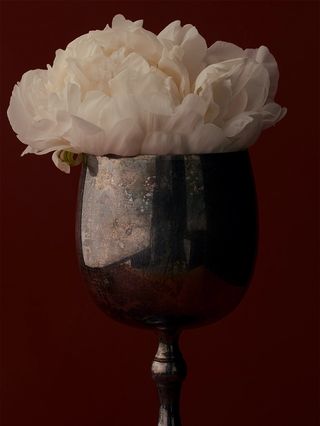

VNTNR: Do you think you’ve softened as you’ve gotten older?
CS: I think over time I’ve probably softened a little bit, got a bit more patient, and a little bit more appreciative of subtlety and balance over sheer power, I guess.
VNTNR: What are your dreams for the next 30 years?
CS: What we’d all love to see in the Hawke’s Bay wine industry is Hawke's Bay really cement a place as an international fine wine region. We recently got a bit of a shout-out a couple of years ago actually, at the Global Syrah Masters as one of the top four Shiraz/Syrah regions in the world. So those are the sorts of accolades that we’re getting but we really need that now to go further than the wine writers, and actually be cemented in the consumers’ mind as well. So, I hope you’re all listening!
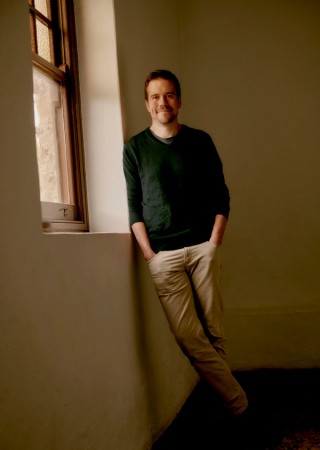
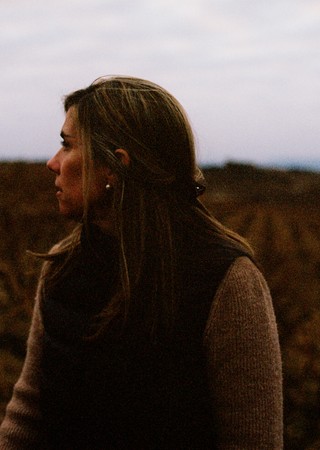
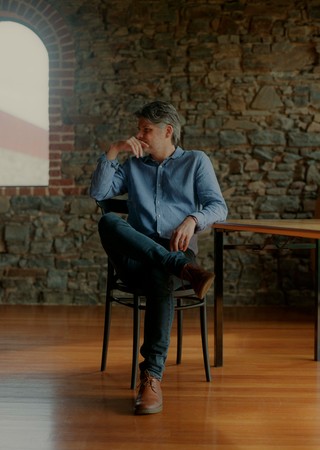
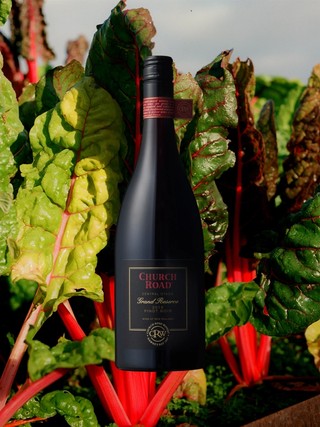


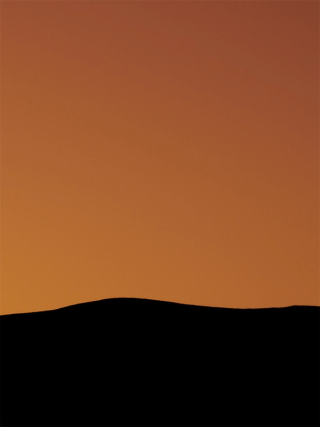
.png?rect=2,0,1473,5891&w=80&h=320&q=90&auto=format)
